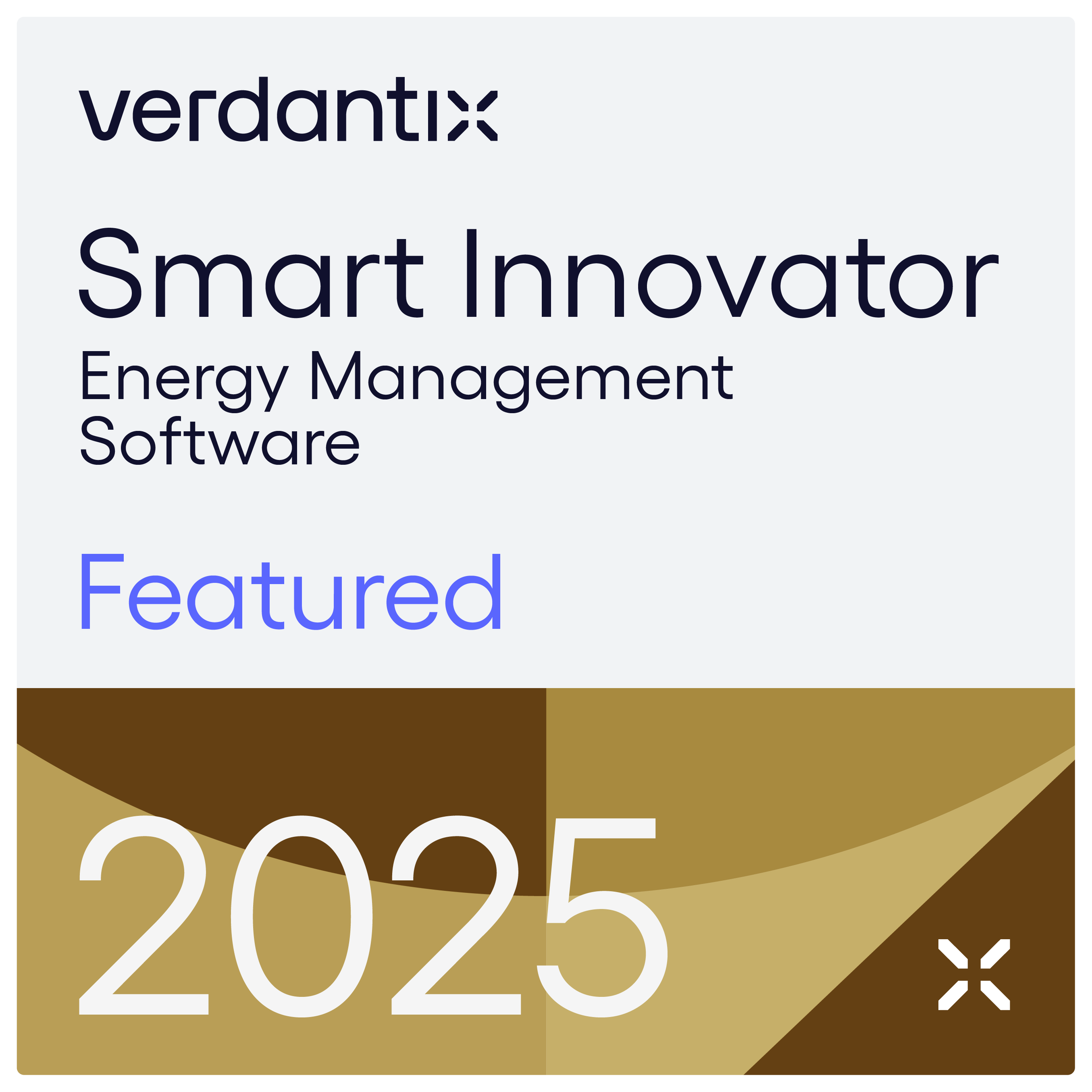February 14 is one of the most important dates on the calendar, and not only because it is Valentine's Day. Since 1949, World Energy Day has also been celebrated on this date, which was created with the aim of reflecting on the importance of making a more responsible and efficient use of energy resources. Today, this has become a priority.
For several years now, humanity has embarked on the energy transition, looking for allies that would allow us to bring this journey to completion. Thus came the strong commitment to renewable energies, although, in order to move forward, we have realized that it is not enough to promote clean energy, but we must make more efficient use of the energy we generate. This is where a technology comes into play that has generated a real crush in the energy industry: Artificial Intelligence.
Thus, it is clear to no one that a spark has arisen between the energy industry and AI, and both have all the necessary ingredients to form a successful partnership to ensure a more effective and efficient use of our energy resources.
According to the 'EnergIA' study, carried out by GFK for Smarkia among more than 100 company executives from different sectors, it is clear that almost all companies are committed to the energy transition and recognize the importance of investing in energy efficiency, both to reduce costs (90%) and to be more sustainable and reduce their environmental impact (93%). However, 44% of companies are still unaware of the potential of Artificial Intelligence applied to more efficient and sustainable energy management models.
It is clear that the relationship is off to a good start, but there is still a long way to go for it to consolidate and become a relationship for the future. To this end, it is essential for the energy industry to understand the potential of Artificial Intelligence. Therefore, coinciding with this February 14, World Energy Day, Smarkia has compiled several practical examples of how this technology is the perfect partner for the energy sector:
Why AI works so well in the energy sector:
Data monitoring and analysis:
In order to properly manage the production, marketing and consumption of energy, it is necessary to process thousands and thousands of data. This has always been one of the great challenges of the energy sector, and AI is coming to fill that gap.
In the past, companies and organizations collected data from different devices through a wide range of tools - Excels, hardware, etc. Now, AI works with all this data stored under the same roof, from where it is controlled, visualized and analyzed in detail to find out consumption, savings or costs, using the algorithms that AI and data processing techniques make available to us.
Thus, there is nothing better than Artificial Intelligence to know what energy consumption is really like and, from there, identify where the greatest inefficiencies or the highest consumption occur, offering recommendations to correct these anomalies or correcting them immediately through the remote management system.
2. Creation of predictive models:
Due to the large number of variables that affect energy management, it is difficult to anticipate or make accurate forecasts. However, thanks to Artificial Intelligence, aspects such as energy demand no longer have any secrets: this technology makes it possible to anticipate demand peaks, facilitating decision-making to better control consumption, sending intelligent pre-invoices and, in short, making much more reliable predictions.
3. Better predictions in terms of production and energy consumption:
In the energy sector, efficiency is important both when producing and consuming energy, and AI is perfect for both cases. On the one hand, it is able to predict energy generation over time, as well as improve its performance and lifetime, making it key to facilitating the operation and maintenance of energy production facilities.
In addition, it also analyzes all the variables that can affect energy consumption, thus making it possible to anticipate supply needs.
4. More flexibility:
Flexibility has been gaining importance in the energy sector with the emergence of the so-called distributed generation, where the energy consumer (whether a household or a factory) is also a producer with the capacity to store or dump unconsumed energy to the grid. This is undoubtedly one of the great current challenges, and technologies such as Artificial Intelligence are playing a key role in the optimization of all processes in the flexible management of energy, consumption and storage.
Want to know more?






